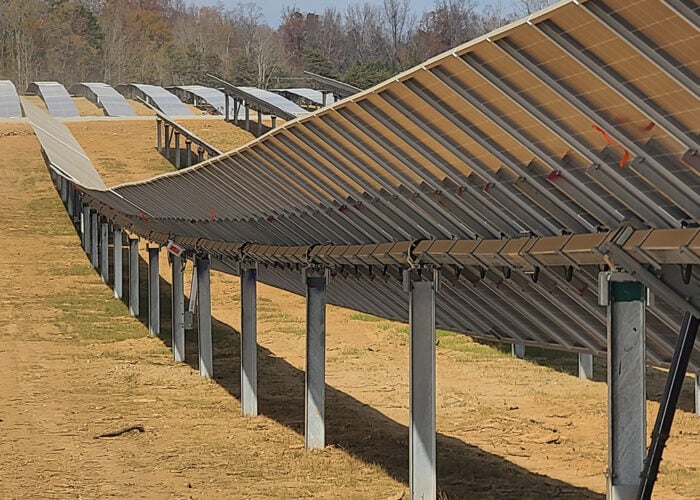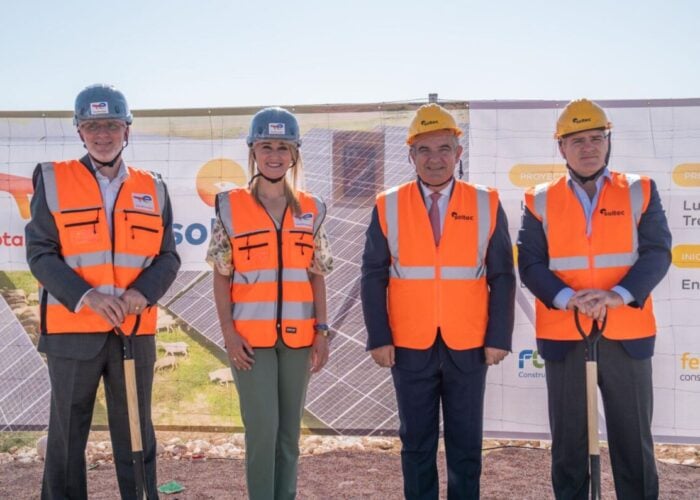US federal agency the Bureau of Land Management (BLM) has said it will keep open land designated for solar projects for future development despite its failed bid last week.
A spokeswoman for the body has stated that land offered in Colorado and other western US states as Solar Energy Zones “will still be available for competitive solar energy development”, despite a public auction held on Thursday for three parcels of land across two SEZs ending with no bids being put forward.
Unlock unlimited access for 12 whole months of distinctive global analysis
Photovoltaics International is now included.
- Regular insight and analysis of the industry’s biggest developments
- In-depth interviews with the industry’s leading figures
- Unlimited digital access to the PV Tech Power journal catalogue
- Unlimited digital access to the Photovoltaics International journal catalogue
- Access to more than 1,000 technical papers
- Discounts on Solar Media’s portfolio of events, in-person and virtual
In an emailed response to an enquiry by PV Tech, spokeswoman Vanessa Lacayo reiterated the commitment of BLM to “make renewable energy development available on public lands”.
According to Lacayo, a March 2013 solicitation held by BLM resulted in nine applications and 27 inquiries or expressions of interest.
It is still not clear why no bids were received at all at last week’s event. Lacayo was so far only able to state that BLM would “evaluate” the auction.
Industry figures quoted last week in the Denver Post regional newspaper gave possible reasons for the no-show, including a lack of clarity in the regulatory framework of the auction and procurement process and a general market uncertainty.
In response to these opinions, Vanessa Lacayo stated that she “really can't speak on behalf of industry”, but said BLM would continue to look at future opportunities in Colorado and other western states to offer lands in Solar Energy Zones for future development.
In her response, Lacayo also pointed to 47 solar, wind and geothermal projects approved by BLM for construction on public lands since 2009 in addition to the creation of SEZs, including the “associated transmission corridors and infrastructure to connect to established power grids”, which have often been the stumbling block preventing large-scale renewable generation projects from going ahead in other territories. The 47 projects – when completed – would total over 13.3GW, powering over 4.6 million homes and providing around 19,000 jobs in the construction and operation of facilities.







